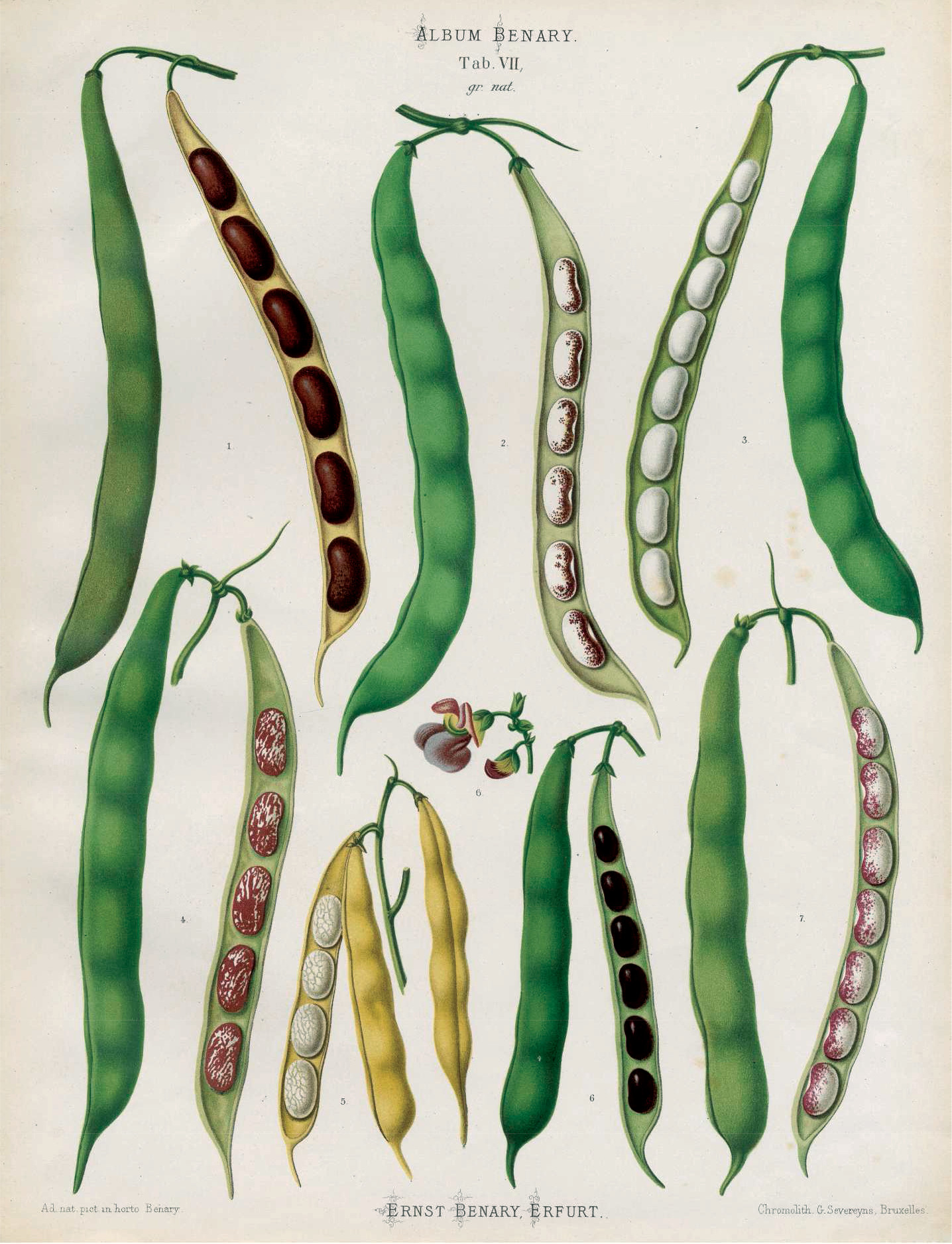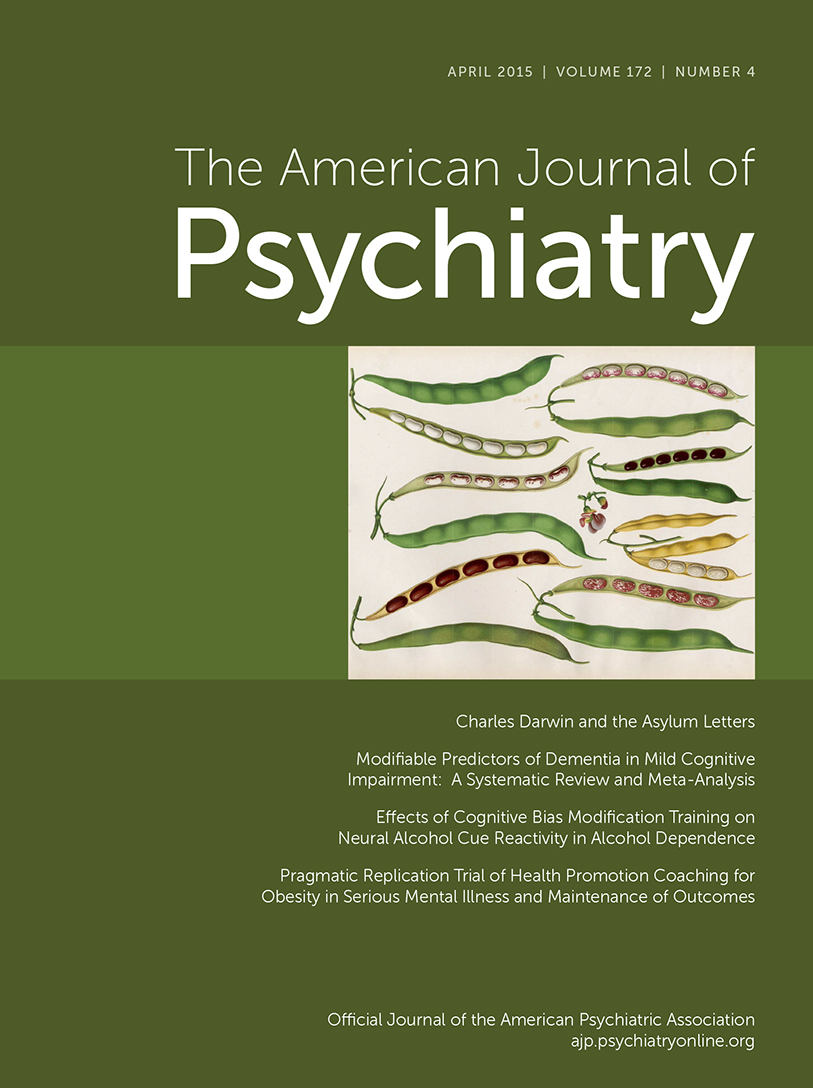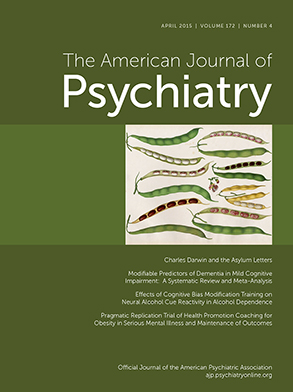With his decades of notes to pull together, the period of writing On the Origin of Species (published in 1859) was a hectic time in Charles Darwin’s life. Yet meanwhile he also remained active in gathering new data that might help him to refine his themes.
As part of this ongoing data collection, over 1857–1858 he corresponded with a Mr. Henry Coe (the Coe/Darwin letters can be seen in the Darwin Correspondence Project:
http://www.darwinproject.ac.uk/). Mr. Coe had unexpectedly produced new varieties of dwarf kidney and runner beans, when existing black, white, brown, and scarlet varieties were planted in his gardens. In previous years these varieties had remained true, but in 1857 some of them did not, instead producing new varieties that Coe had never seen before.
Darwin had previously noted that pollination by bees appeared to be vital to the fertilization of beans, related to their always entering bean flowers on the left side. Then, through “a very curious adaptation between the structure of the flower and the manner in which bees suck the nectar“ (
1), they almost always triggered a self-fertilization mechanism using the flowers’ own pollen, thus maintaining the variety as true. He was therefore curious as to how Coe’s new varieties could have been produced. He asked Coe to send him some of the mixed-colored beans from these varieties, and he planted them in his own garden. The result was, he wrote, “the most heterogeneous mixture which can be conceived” (
2).
He speculated that self-fertilization in true varieties at some point might produce sterile pollen, as part of an evolutionary need to periodically cross-pollinate, and that some of Coe’s beans had in 1857 reached this point. This then resulted in their now being, as he put it, “eagerly ready to receive pollen from some other variety” (
2). He published Coe’s data and his own preliminary explanations of them in an article, “On the Agency of Bees in the Fertilization of Papilionaceous Flowers, and on the Crossing of Kidney Beans” in
Gardeners’ Chronicle (
2)
. This was then reprinted in
The Annals and Magazine of Natural History and was referred to in
The Origin of Species” (
1, p. 613).
Now Henry Coe wasn’t tinkering in his own garden when he made his observations; he was the Head Gardener at the Hampshire County Lunatic Asylum at Knowle, Hampshire, in England, and he was growing his beans on the farm there, assisted by patients at the asylum.
For these were the days when many large psychiatric hospitals had working farms attached to them, often staffed by expert agriculturalists such as Coe. These farms served as a means of both supplying the hospital with cheap, fresh produce and providing meaningful work to many of its patients.
According to Darwin’s son Francis (
3), in one of the letters that Darwin received from Coe, he unexpectedly found another letter enclosed, which turned out to be from a patient at the asylum. There was no explanation from Coe about why it was there.
In this letter, the patient stated that he was sane and that he had been wrongfully admitted to the asylum, and he asked for Darwin’s assistance in getting him discharged.
The patient’s letter appeared quite rational to Darwin, and he wondered if indeed a mistake could possibly have been made. So he wrote to the Commissioners for Lunacy in London, explaining the situation (while carefully avoiding divulging the source of his information) and asking if they would look into the case.
The commissioners responded to his request by going to Knowle to visit with the patient and review his situation.
Following this visit, the commissioners wrote back to Darwin, saying that there was no doubt that the patient was indeed insane and definitely needed to be at the asylum. Darwin was satisfied with this, and the whole matter was seemingly dropped.
Then some time later, the patient wrote another letter to Darwin. He said that he was now discharged, and he thanked Darwin for earlier trying to help him. He wrote that looking back on his time at Knowle and the period in which he had written the first letter to him, he could now see that he was then actually insane.
It is unknown if Darwin wrote back to him.


